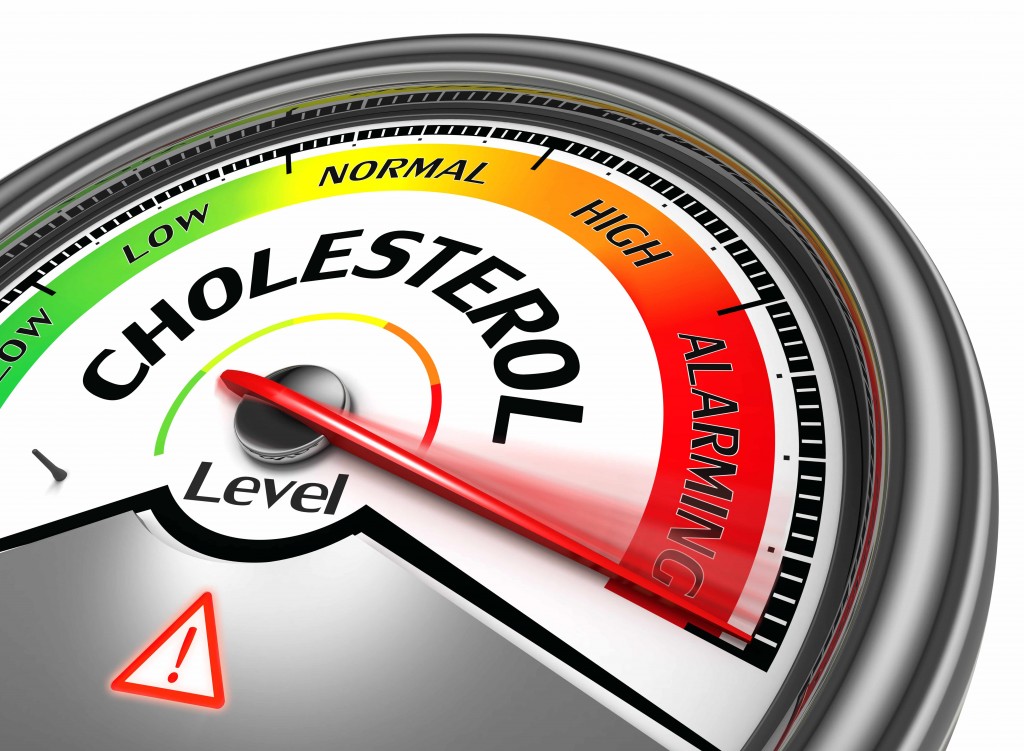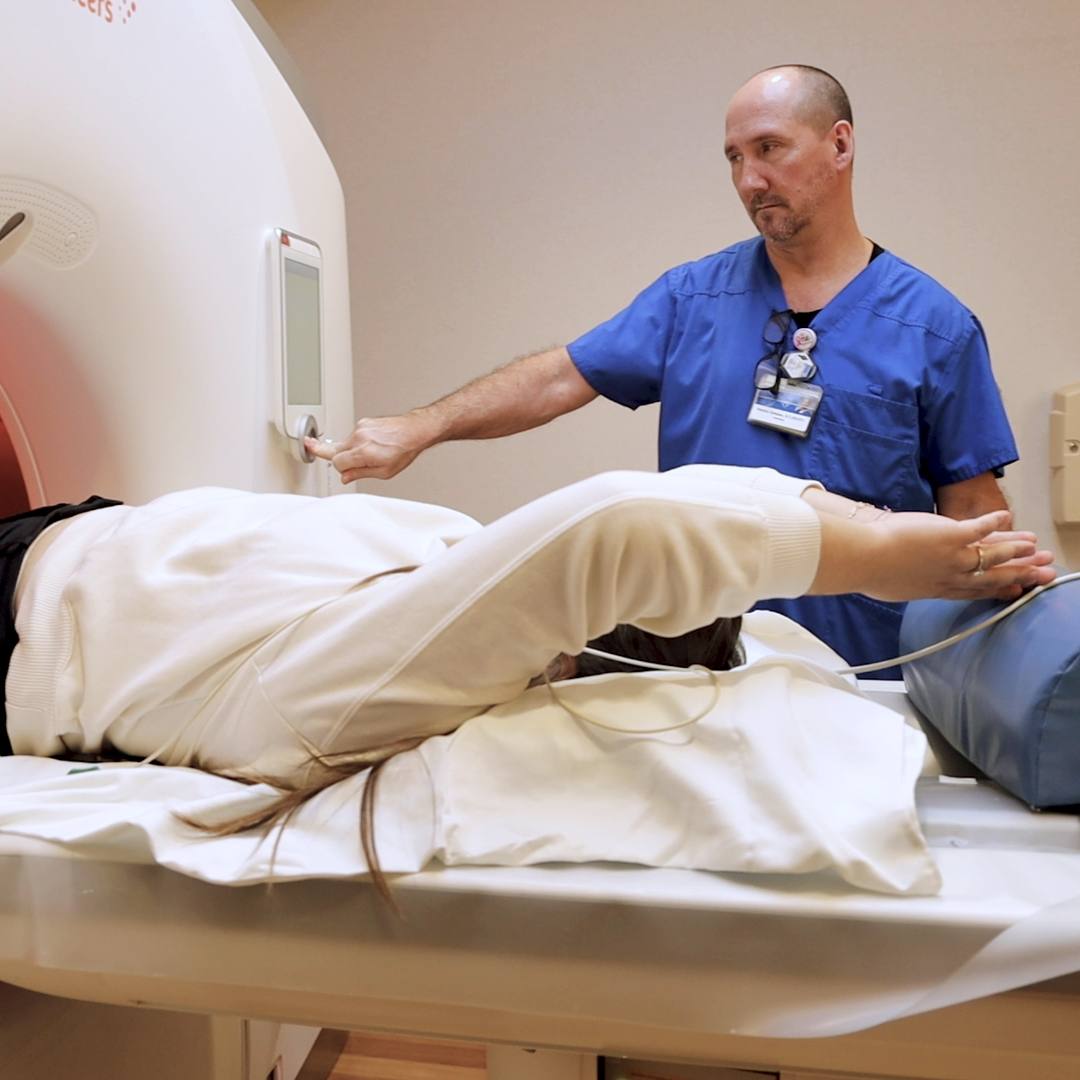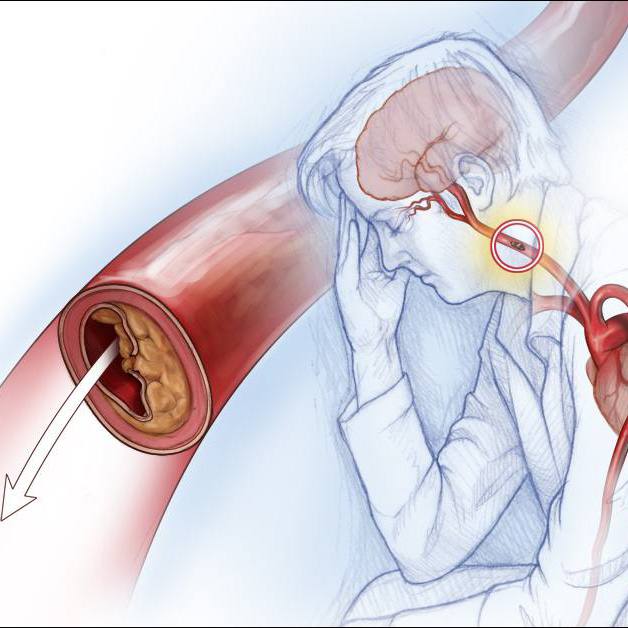-
Cardiovascular
Mayo Clinic Experts Advise Caution with New Cholesterol Drugs- PCSK-9 Inhibitors
In a viewpoint released today in The Journal of the American Medical Association Cardiovascular Special Issue, Mayo Clinic endocrinologists and researchers are warning against the “premature and widespread adoption” of a new type of drug that reduces cholesterol, PCSK-9 inhibitors. They argue that little is known about their long-term safety and efficacy on outcomes that matter to patients. Given the long track record of efficacy and safety and the low cost of statins, they think that it is premature to adopt PCSK-9 inhibitors as alternatives to statins.
They argue that little is known about their long-term safety and efficacy on outcomes that matter to patients. Given the long track record of efficacy and safety and the low cost of statins, they think that it is premature to adopt PCSK-9 inhibitors as alternatives to statins.
The Food and Drug Administration has recently approved the new class of drugs for patients with high LDL-cholesterol who also have familial hypercholesterolemia or with clinical cardiovascular disease who are seeking secondary prevention or cannot tolerate statins. The Mayo experts are predicting four situations that will fuel abandoning statins in favor of the PCSK-9 inhibitors:
- Patients who have muscle problems or other symptoms suggestive of statin intolerance.
- Patients who have a heart attack or a stroke while using a statin.
- Patients who may not to be taking statins every day.
- Patients who have cholesterol levels that remain high despite statins.
Media Contact: Bob Nellis, Mayo Clinic Public Affairs,
507-284-5005, newsbureau@mayo.edu
Journalists: Sound bites with Drs. Montori and Rodriguez-Gutierrez are available in the downloads.
In each of these cases, switching from statins to PCSK-9 inhibitor – agents that can be used once-a-week, are 280 times more expensive than generics, and that can achieve reductions in cholesterol levels of more than 50 percent - may leave patients unprotected given that we do not yet know that these drugs reduce the risk of heart attacks or strokes.
The message to physicians: Use caution and prescribe proven and safe, such as statins, while waiting for more evidence about the impact of PCSK-9 inhibitors on the risk of heart attacks and strokes. If necessary, discuss the uncertainty about their impact on important outcomes with patients before prescribing them.
The message to patients: Talk with your clinician about this and any new drug or treatment to determine if using it addresses your situation. New drugs do not necessarily work or work better than existing alternatives. It is possible that these new drugs in fact are highly effective in preventing heart attacks and strokes, but the point is that we do not know that yet. Be cautious.
The commentary “Predicting overuse of PCSK-9 inhibitors” is co-authored by Rene Rodriguez-Gutierrez, M.D., Nilay Shah, Ph.D., and Victor Montori, M.D., of Mayo Clinic.







